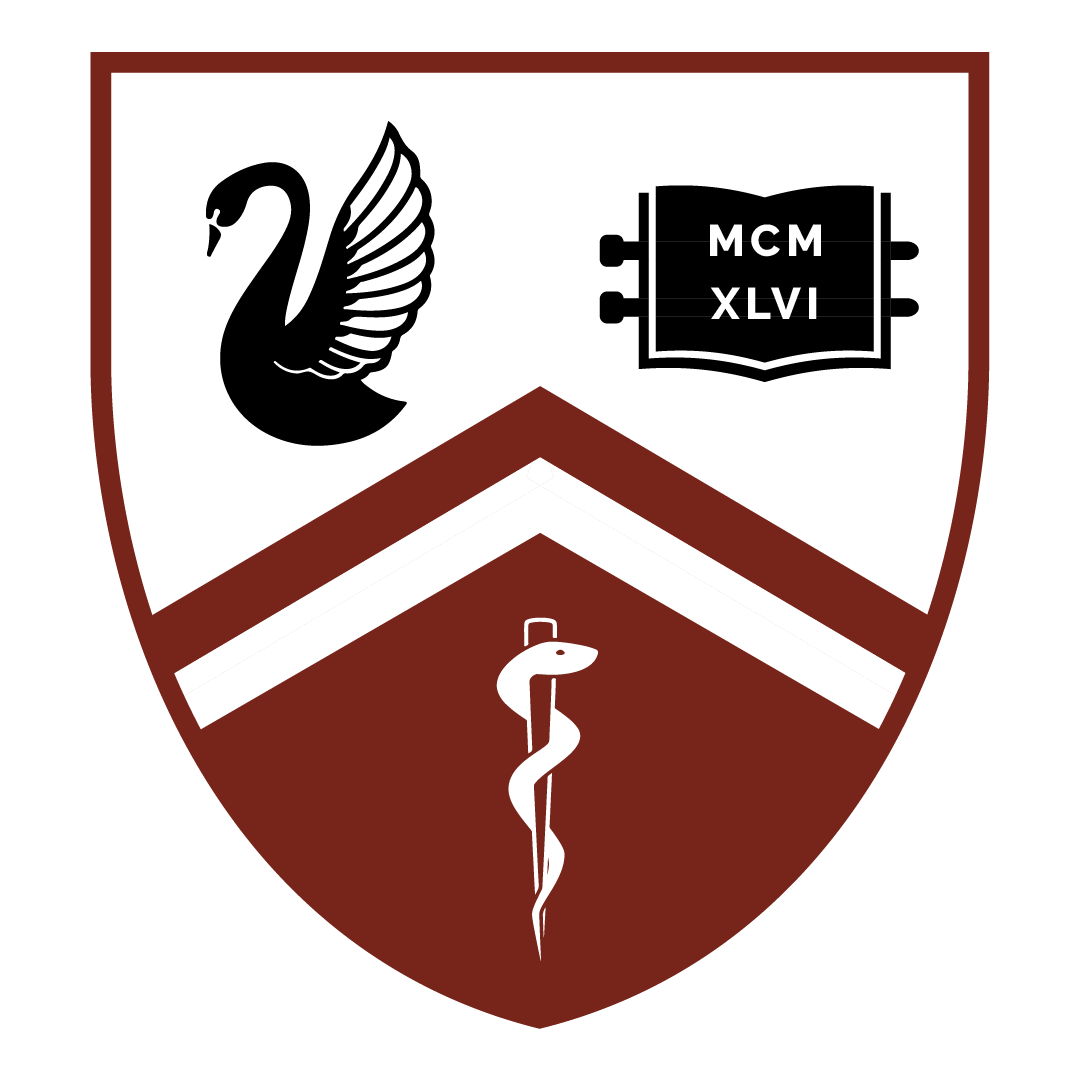This article is part of WAMSS's MD2 Rotations Guide. Start with page one to check out our other useful tips in this series.
Note: The advice shown here may not reflect current Department of Health or UWA School of Medicine policies, particularly with changing public health developments. If you are ever unsure, you should always seek clarification from the UWA Medical School.
Have you gone through UWA MD2? We value your advice. Notice any errors? Get in touch at [email protected]
This document is not an official WAMSS policy document. For any questions or for more information, please contact [email protected]
Contributors: Britt Suann, Jun-Ting Yeung
Last edited: 2021-08-14интернет займ онлайн на карту
Rotations: Surgery
Once scrubbed, keep your hands above your belly and BELOW your nipple line. Not in the air near your head like in Grey's Anatomy.
-
Be enthusiastic and ask questions, but also know when to not ask questions (patient bleeding uncontrollably).
-
If you need a break / feeling faint SPEAK UP, don’t wait until you fall over (it happens). It’s also worth practicing putting on your gloves, because nurses will be watching to make sure you do it correctly
-
Get there early and make the anaesthetist your best friend in getting those procedural skills signed off
-
After rounds the registrar and consultants evaporate into thin air leaving you thinking “wtf do I do now”.
-
Do some pre-reading on general surgery, a reg recommended general surgery lecture notes just you have a bit of an idea. The team is way more likely to teach you if they ask you a question and you know the basics. If you haven’t even heard of something before they probably won’t bother too much
-
Ask the interns to practice cannulas! Get procedural skills started early
-
I found knowing how to interpret blood tests (FBC, UEC, LFT) helpful especially in surgery
-
You probably get the least support on surg, on our first day we were literally running behind doctors
-
Make sure you have eaten something/are hydrated before long operations lol Going to the clinic is also helpful! There are usually a few med students per team so take turns going to clinic, going to theatre, or going home early
-
Good to take a brief history from the patient in pre-op
-
Make the most of theatre – ask if you can attend pre op clinics and then ask the surgeon if you can be involved in the surgery – more likely to scrub and learn from it rather than a patient you have never seen before. Introduce yourself to nursing staff and ask if you can put your name on the board
-
Know some basic anatomy before going to theatre. Always know what the procedure is that you’re attending (+read about the steps of the op) and try see the patient in pre-op first and get a history – often the surgeons won’t have gotten one! Just be keen, but don’t get in the way. It’s very team dependent how much scrubbing etc you’ll get to do, but make sure when the time comes you know what you need to do so doctors aren’t showing you how to scrub etc. The first time I scrubbed, I asked the scrub nurse, and scrubbed with her before the doctors arrived, so I was keen and ready to go!
-
If you go into surgery and they don’t talk to you, don’t just leave at least stay for a case; they notice.
-
When you get to the theatre, introduce yourself, write your name on the whiteboard, ask the reg/consultant if you can scrub in
-
Look on TMS to find where they are. Go to the pre-op area where patients are preparing for theatre and take a history from them, you can then present that to the surgeon and they will be impressed on your work ethic. Once you are in the theatre, ask if you can scrub in. Alternatively, ask the reg before the ward round if it is ok to come to theatre, they will usually say yes.
